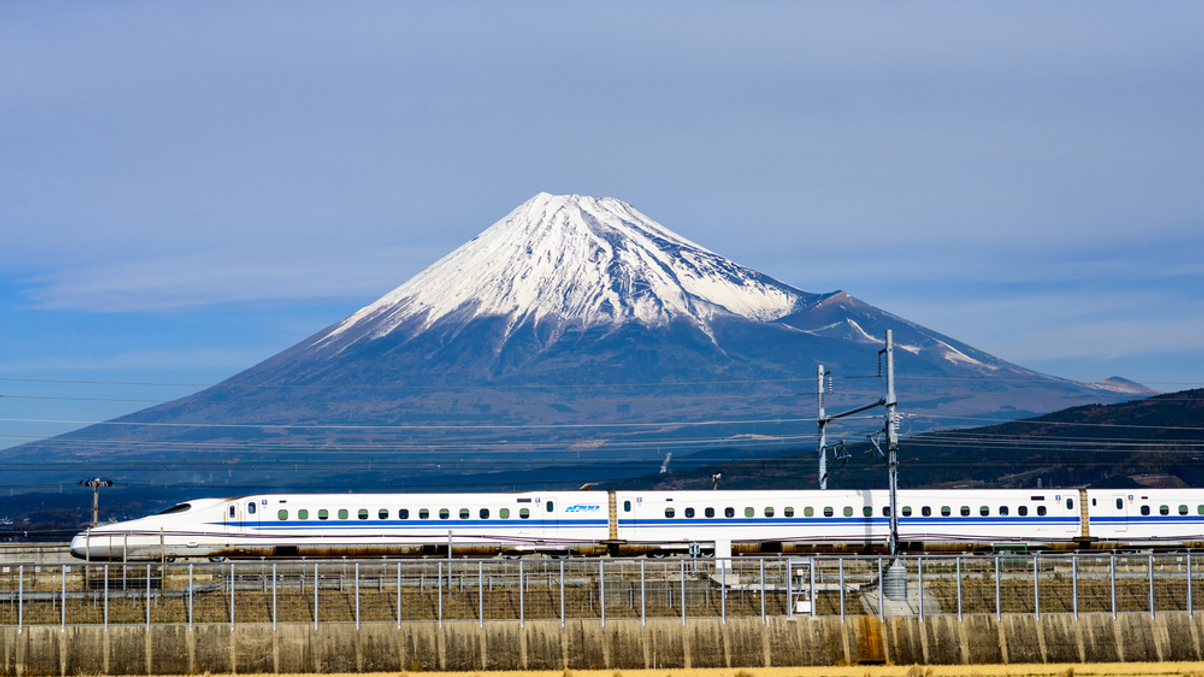Weekly Digest: GPIF plans infra mandate; INA to grow nature-based solutions
Australia's third-largest pension fund to stay active in Japanese equities; Thornburg IM loses QLDP license in China; INA inks deal with Pollination; Philippines's SSS narrows investment losses in 2022; and more.

TOP NEWS OF THE WEEK
Sign in to read on!
Registered users get 2 free articles in 30 days.
Subscribers have full unlimited access to AsianInvestor
Not signed up? New users get 2 free articles per month, plus a 7-day unlimited free trial.
¬ Haymarket Media Limited. All rights reserved.


